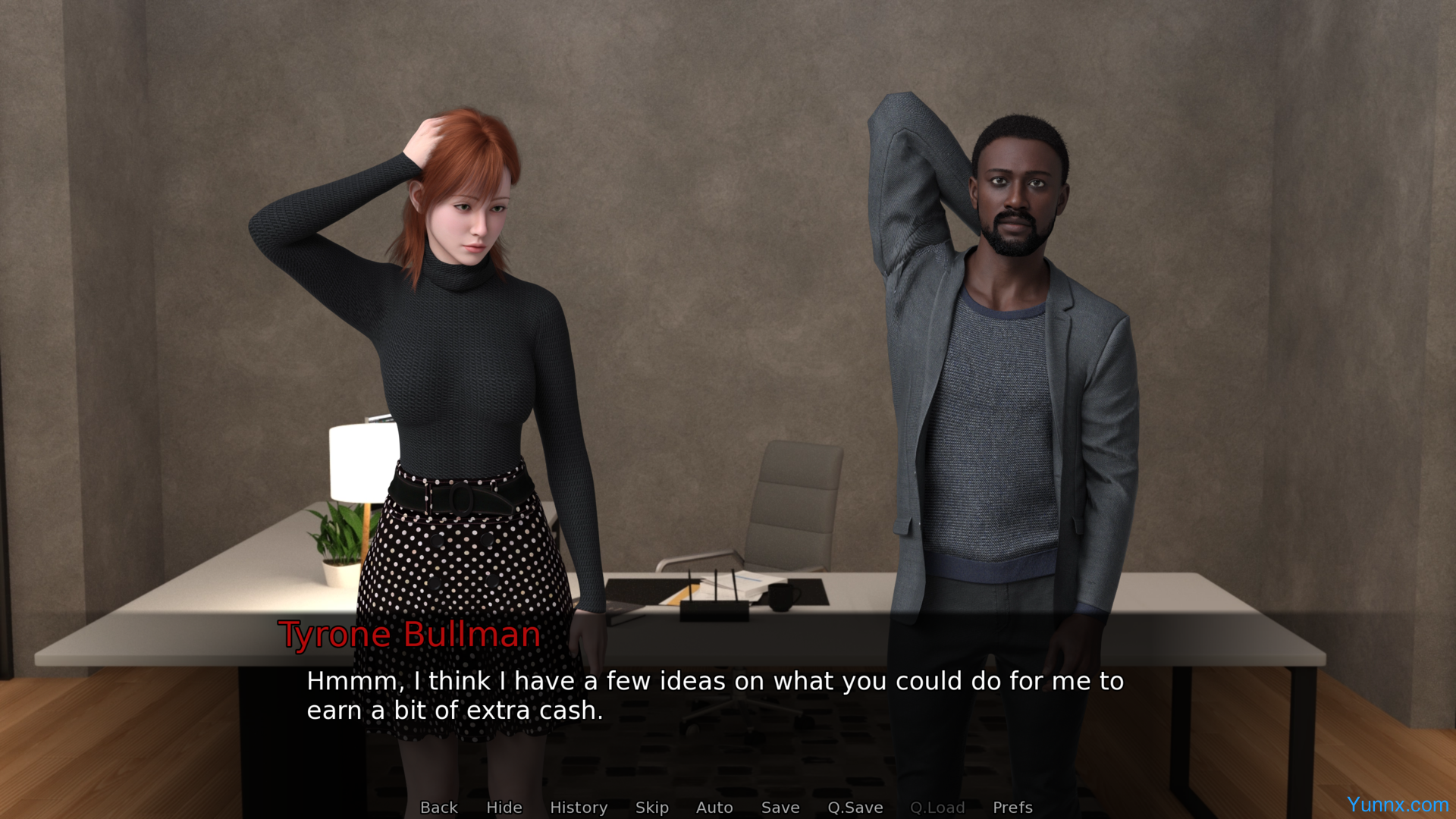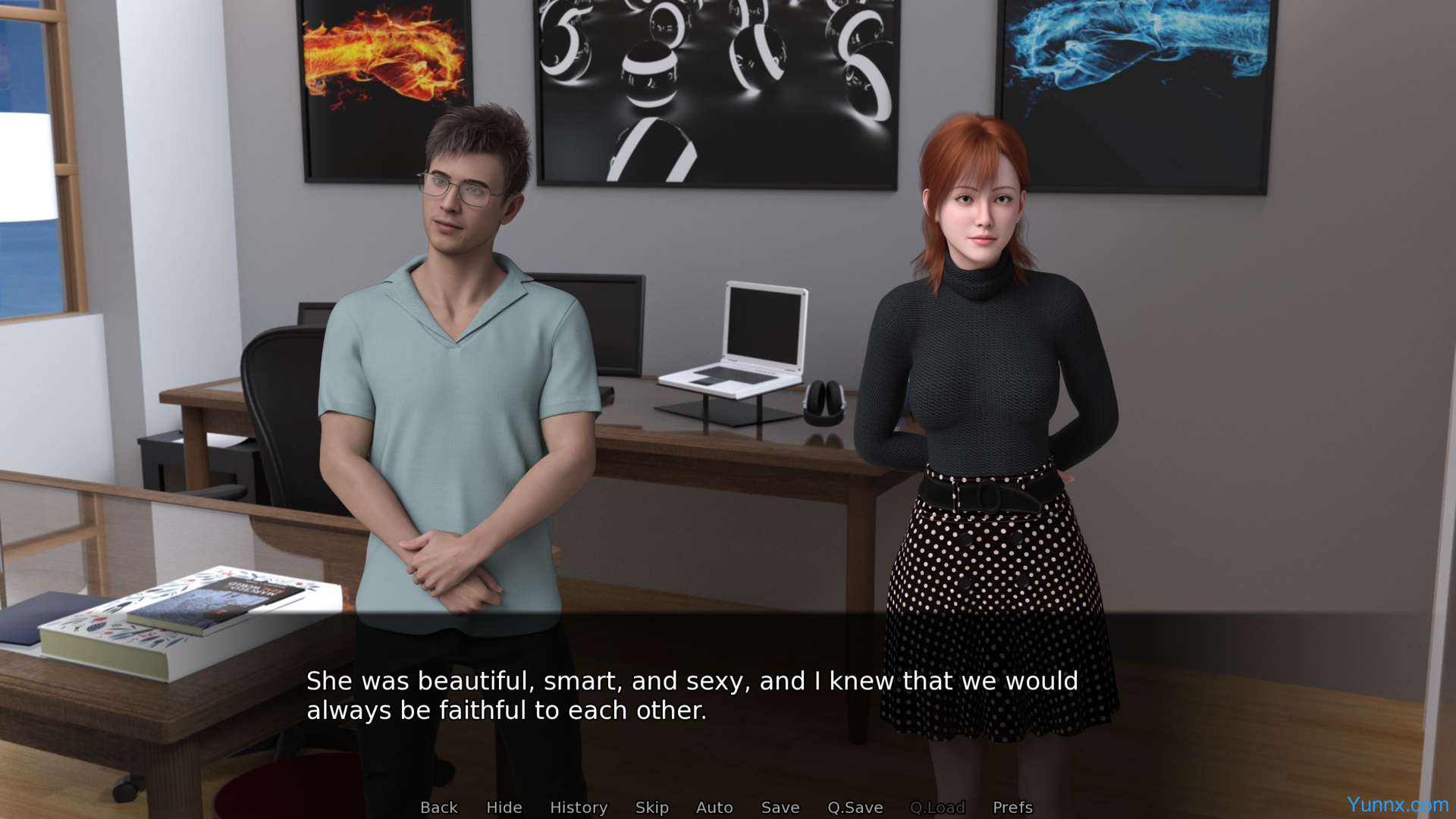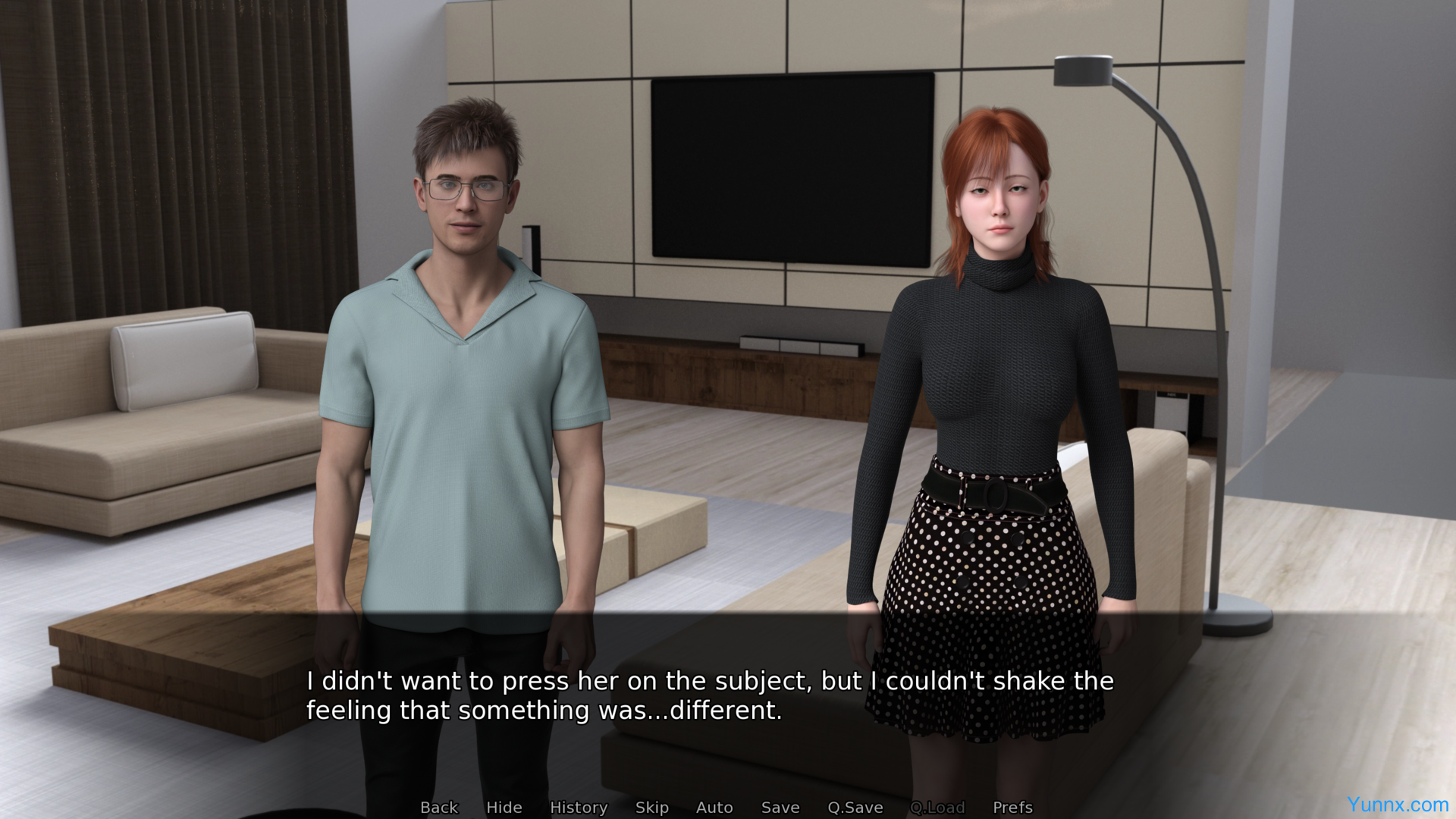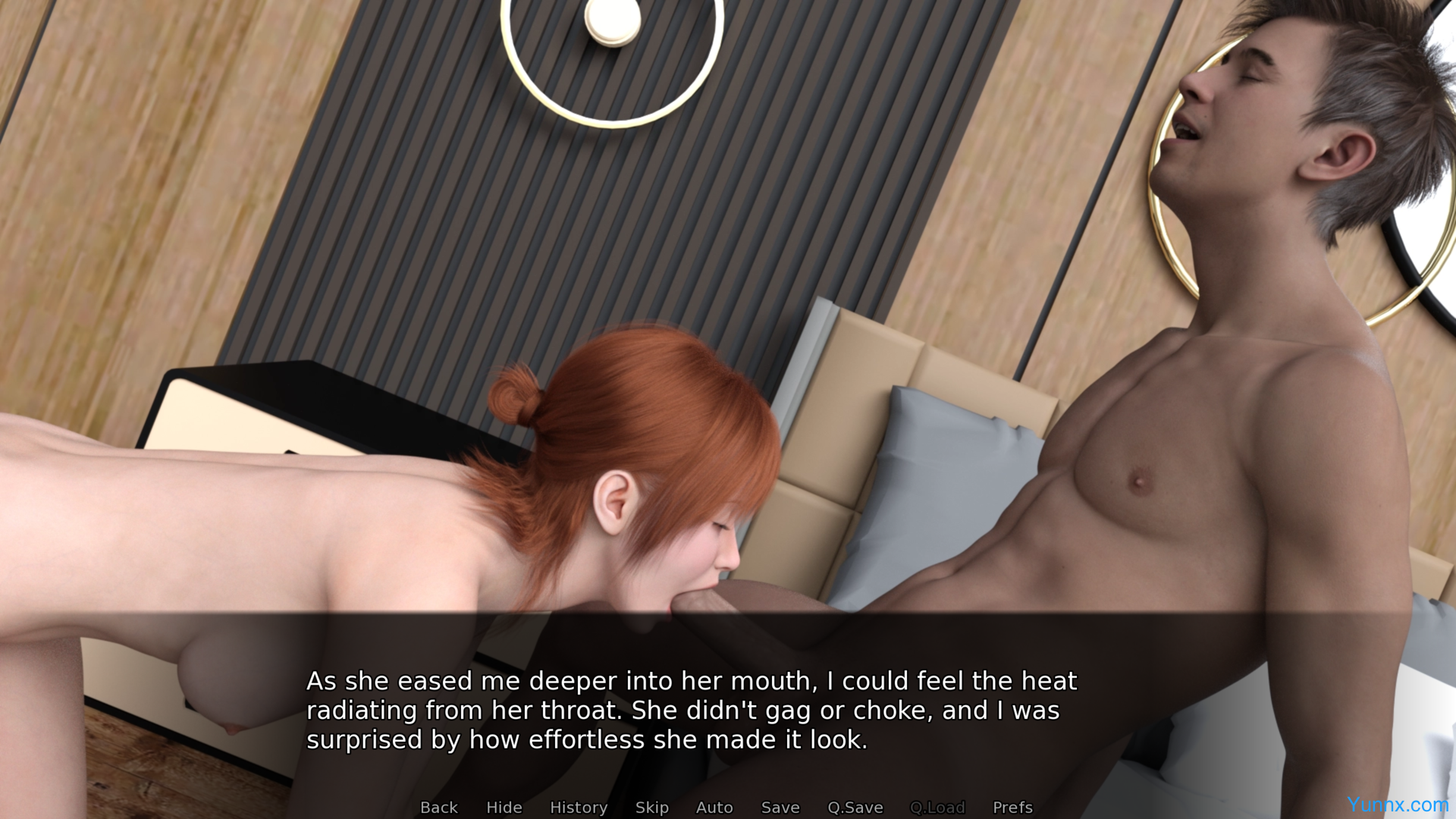Bard Trainer blends tavern management sim tension with a branching narrative of debt, loyalty, and self-reinvention. As a young bard thrust into underworld turmoil, juggle live performances, mob negotiations, and fragile alliances to save your father’s legacy. Outwit creditors through strategic charm, musical improvisation, and morally gray choices in this story-driven RPG with rogue-lite stakes.
Narrative Depth & Player Agency
1. Debt-Driven Time Pressure: A dynamic "Interest Clock" escalates threats—delay payments, and mob enforcers sabotage tavern events or kidnap regular patrons. Bribe, charm, or blackmail creditors to buy time, each method altering faction reputations.
2. Multilayered Revelations: Uncover your father’s hidden ties to the criminal underworld through forged ledgers, drunken patron confessions, and encrypted song lyrics left in his lute case. Misinterpret clues, and risk triggering fatal betrayals.
3. Endgame Variability: 6+ endings hinge on unresolved threads—abandon the tavern to join the mob as a spy, orchestrate a debtor uprising, or expose corruption to redeem your father’s name… if evidence survives arson attempts.
Tavern Management & Bardic Craft
1. Audience Synergy Mechanics: Curate setlists that resonate with patron types (e.g., shanties for sailors boost tips, ballads calm rowdy mercenaries). Mismatch genres, and provoke brawls that damage furniture and reputation.
2. Resource Juggling: Reinvest earnings into ale quality upgrades to attract nobles, or funnel coins into mob protection rackets. Neglect hygiene standards, and face health inspector shutdowns mid-performance.
3. Procedural Events: Randomized crises like rival bards sabotaging gigs or poisoned brews require quick minigames—tune instruments mid-performance to regain crowd favor or improvise lyrics to defuse tensions.
Combat-Free Conflict Resolution
1. Social Stealth Systems: Eavesdrop on mob meetings by blending in as a serving wench, but maintain "Suspicion Meters" through posture adjustments and drink-serving timing. Fail, and endure interrogation QTEs.
2. Lyre-Based Persuasion: Resolve disputes via rhythm-based dialogue battles—strum correct chord sequences to mimic a creditor’s speech patterns, weakening their resolve during renegotiations.
3. Faction Leverage: Trade favors between groups—supply blackmarket spices to chefs for recipe boosts, or leak mercenary gossip to the mob. Overcommit, and become entangled in conflicting loyalties.
Aesthetic & Technical Execution
1. Cel-Shaded Duality: Vibrant tavern crowds contrast with ink-wash criminal hideouts, visually mirroring the protagonist’s dual life. UI glitches manifest as sheet music tearing during high-stress decisions.
2. Diegetic Sound Design: Every melody you perform ingame is playable on real instruments via MIDI export, with fan covers contributing to dynamic in-game radio broadcasts.
3. Cross-Platform Sync: Seamlessly switch between PC story progression and mobile-optimized tavern management modes, with cloud saves tracking hidden mob vendetta timers.




















